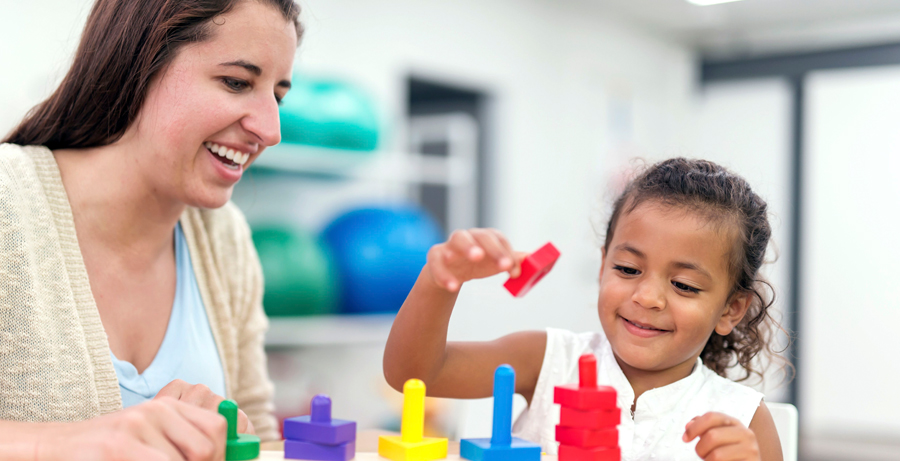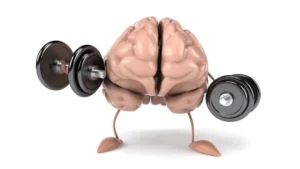What is Child Therapy?
Child therapists are specialists trained in psychotherapy to diagnose and treat children and to observe what they tell us through behavior and play.

What is Child Therapy?
Child therapy is a systematic, structured, professional psychological support process that includes techniques and methods used to solve mood and behavioral problems that may cause impairment in children's daily life; at home, at school or in their social life.
At the same time, its goals include the developmental follow-up of the child, increasing his/her skills according to his/her age and developmental characteristics, gaining insight in the process of self-knowledge, strengthening the child emotionally, and helping him/her to establish healthy communication with his/her environment.
Regardless of the beginning of child therapy and the family's reason for bringing the child, we can say that the ultimate goal of child therapy is to increase the child's self-esteem, to regulate the areas in which he/she constructs his/her self-worth, to develop communication skills in his/her relations with his/her environment and to learn mood regulation.
When Should Children See a Psychologist?
In addition to traumatic experiences such as death and grief; adaptation to the divorce process and new lifestyle, school phobia and other phobias, eating disorders, sleep disorders, self-harm, behavioral and adaptation problems, selective non-speaking, speech disorders, decline in academic achievement, attention deficit and hyperactivity, OCD (Obsessions and compulsions), Kleptomania (Stealing Behavior), In cases such as night fears, tics and anxiety disorders, enuresis and encopresis (incontinence of pee and poop), anger and aggression, stuttering, all addictions, sibling jealousy, it is necessary to take children to a psychologist.
What are the Common Psychological Problems in Children?
Psychological problems in children, usually behavioral and adaptation problems, occur together with problems with peers at school and at home. Conditions such as inability to make friends, school adjustment, introversion, low academic achievement and addictions are serious psychological problems for children. What is important in children is the age at which the psychological or behavioral problem is experienced. It is important for the family to distinguish whether this is a psychological problem or not, taking into account the characteristics of the child's developmental period. Tics and phobias are also common problems and the help of a child psychologist can be sought at the right time.
How should I tell my child about psychotherapy?
The most common question families ask before bringing their children to therapy is how should we tell them, how should we explain you. While some families express the situation clearly, some families may bring them unprepared without any explanation, such as saying that they will go to play games or chat with a friend of mine. The right thing to do is to transparently explain the psychotherapy process in which the child will be involved. Remember that your child can ask questions about the therapy and the child psychologist. It is also good for the child to know that what is discussed in therapy will be treated confidentially.
Based on the problem area he/she is currently experiencing, it should be explained that children can also experience the problems that everyone can experience from time to time. It can be said that the profession and job of the psychologist to be supported is to try to understand children's emotions, behaviors and fears, and that he/she can help him/her by playing games and chatting with him/her.
The duration of the therapy session should be stated in a way that the child can understand. If the child is at an age where he/she knows the time, it may take 50-60 minutes, and if he/she is at an age where he/she does not know the time, it will be good for the child to explain the time he/she will spend with an activity in his/her daily life.
Which Psychotherapy Methods Do Child Psychologists Apply?
While the therapy method to be preferred in child therapies is determined according to the needs of the child, it is known to benefit from one or all of them in an eclectic way from time to time. EMDR therapy, psychodrama, play therapy, art therapy, change-oriented therapy, sand tray therapy, cognitive behavioral therapy, family therapy are some of the methods used.




